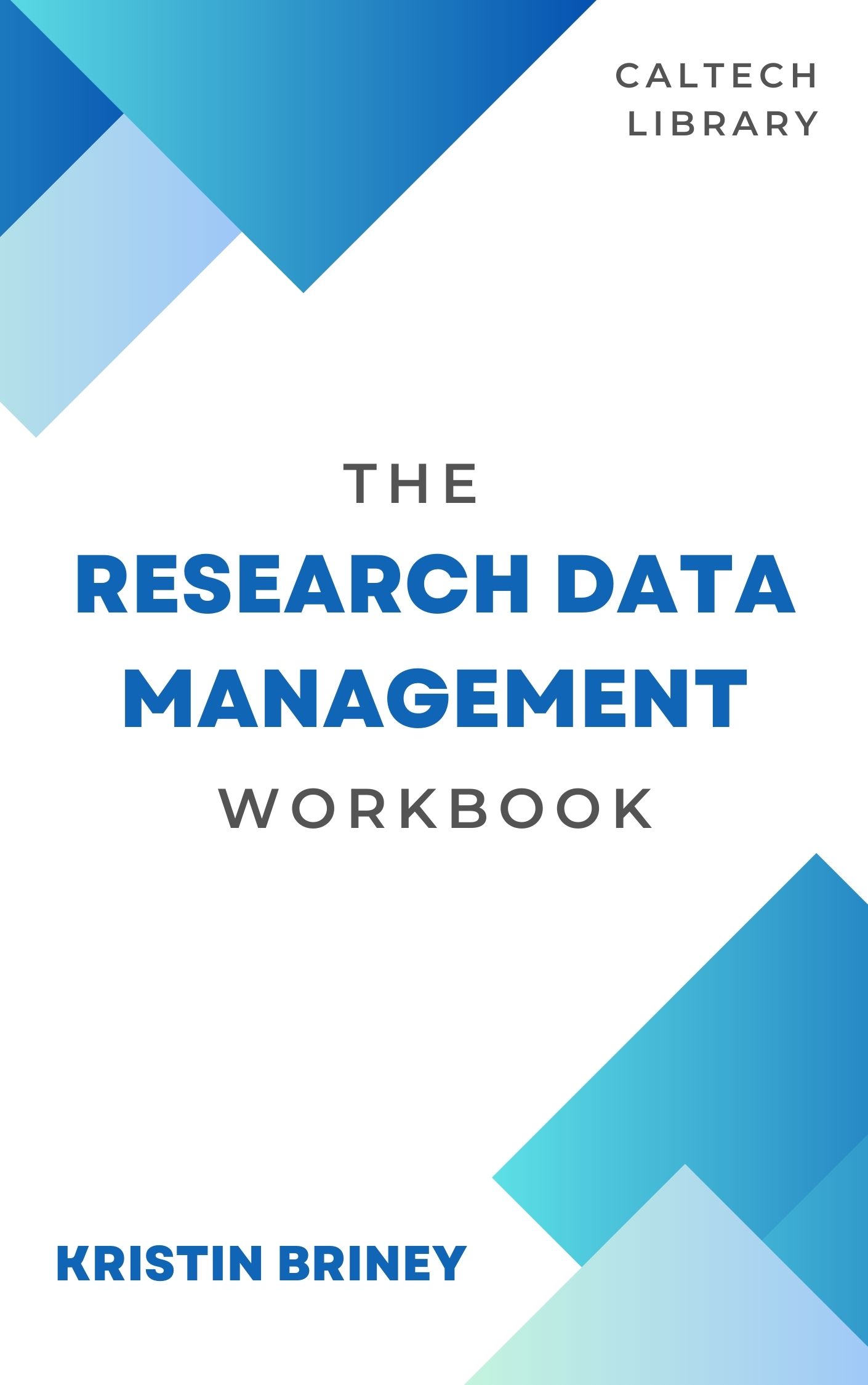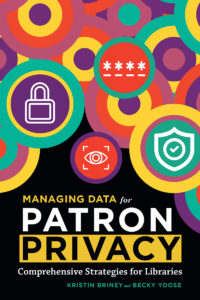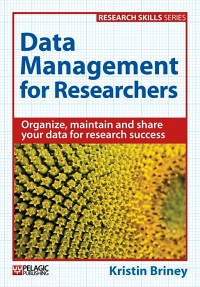Have you ever fallen down a research rabbit hole? It does not happen to me very often (thankfully) but when it does, I fall deep. All of this is to say that I’m back from my 5-month blogging hiatus. I promise that there will be future posts about this particular rabbit hole, but in the meantime we’re going to talk about exit strategies!
I was involved in a Twitter conversation the other day about the importance of exit strategies.
I'm pretty sure this tweet is evergreen for #datalibs too. Don't put research data into a platform where you can't get it out again.
I can't even tell you how many times I've brought up exit strategy in this context. #manyTimes https://t.co/E8YQJpW3qn
— Kristin Briney (@KristinBriney) December 14, 2017
This all came out of a conversation about the end of Storify and what people should do with all of their content on that platform. @Libskrat discussed the importance of an exit strategy for your online content and I want to spend this post talking about how important that is for research data as well.
The simple fact of the matter is that you should never put your data into something where you can’t get it out again. This applies to many situations: storage platforms, file formats, e-lab notebooks, specialized analysis software, etc. Things happen and if you don’t have Plan B for your data then you sometimes have no data at all.
A couple big areas where researchers get into trouble around exit strategies are using proprietary file types and adopting specialized software/platforms (note: these overlap somewhat). The first area is something that I’ve had experience with. My PhD lab used a specific analysis software, which I lost access to when I left the lab. Unfortunately all of my data was locked up in a proprietary file format that I can no longer open. Good thing I don’t need access to all of that chemistry data as a Data Librarian because it would be a huge problem to get it back. If only I had saved a copy of my data to Excel or as a .csv, I wouldn’t be dealing with this mess.
E-lab notebooks (ELN) are a good example of the dangers of adopting software without an exit strategy. You should assume that you won’t be usuing the same ELN in 10 years. So you need to ask about getting your data out before you put one piece of data in an ELN. Even if your exit strategy is literally printing out every page of your ELN, it’s better than nothing (heck, it’s about equivalent to your paper lab notebook).
So next time you’re adopting a tool for your research, ask the question “do I have an exit strategy out of using this tool?” If the answer is no, run far and fast. That tool is not worth the short-term benefits it might offer.
—
Also, are you a librarian who reads this blog and wants to know more about delivering data services? I’m teaching a online continuing education class through UW-Madison’s iSchool on Research Data Management from Jan 22 – Mar 18. There is a 10% discount if you register by January 7!




